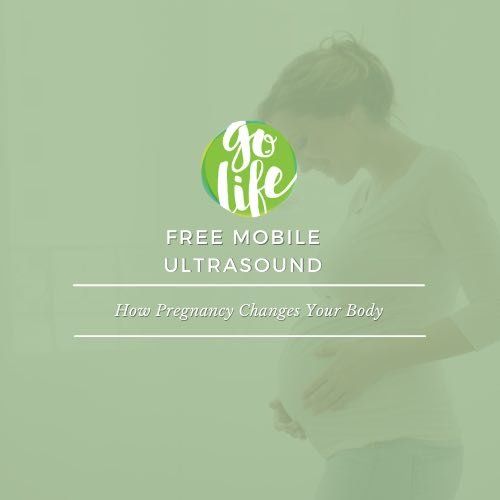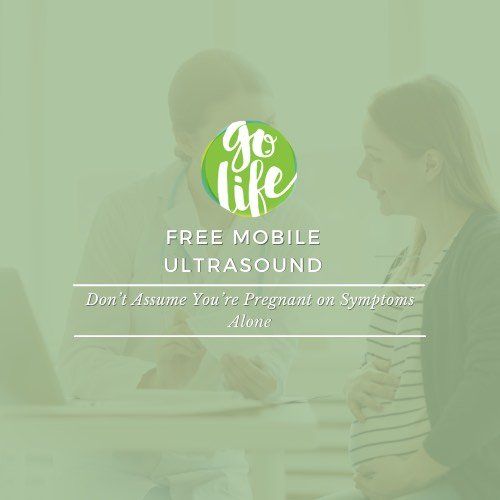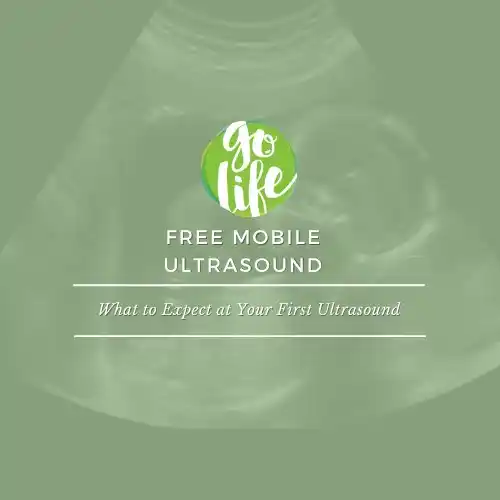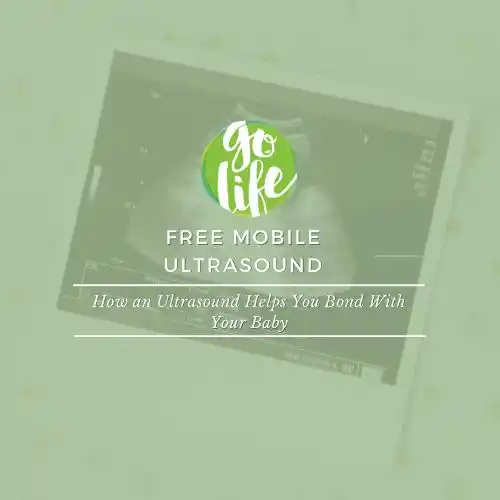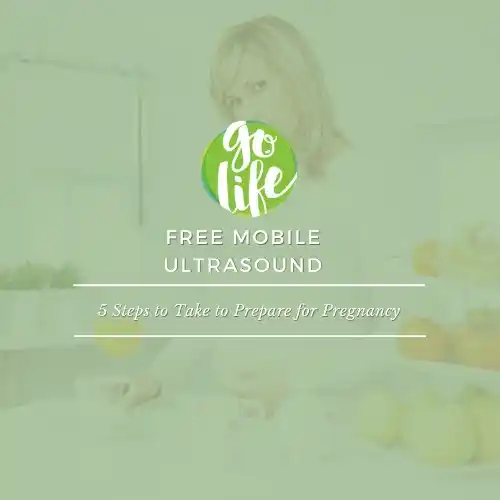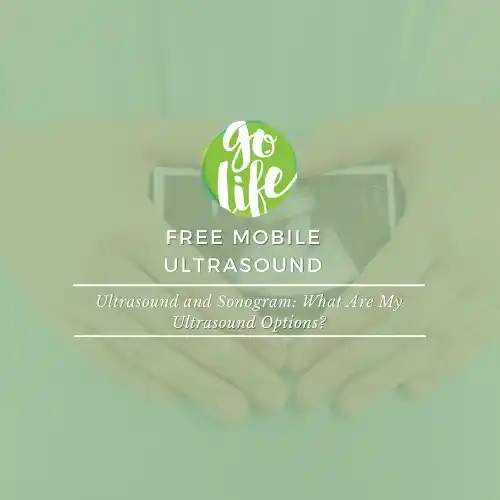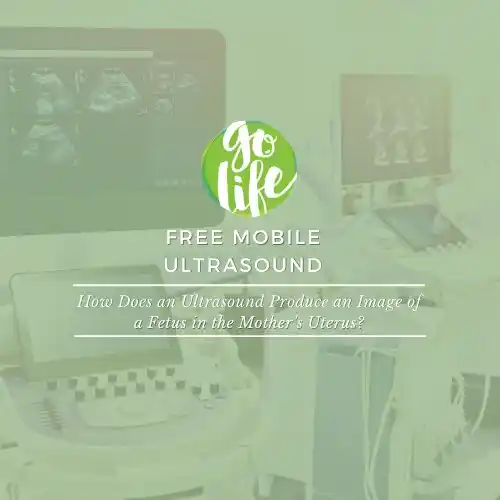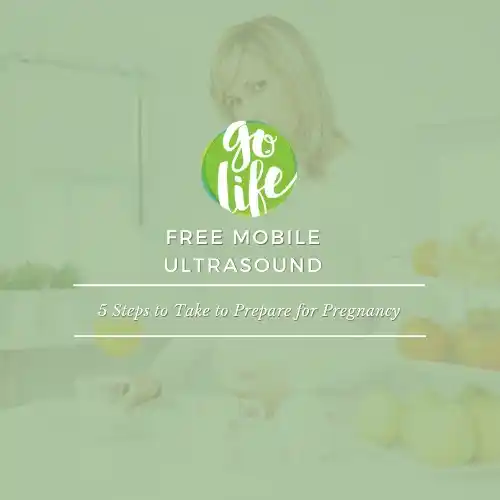Dealing With the Early Symptoms of Pregnancy
Your body amazingly transforms during pregnancy. It begins when conception occurs.
Your hormones signal emotional and physical changes from the time life begins.
Here are some tips for dealing with the early symptoms of pregnancy.
Morning Sickness, Nausea and Vomiting

Contrary to its name, morning sickness can attack any time of day or night. It’s believed that rising hormone levels make you nauseated. If the vomiting becomes severe, you’ll want to talk to your health care provider, but many times, you can manage morning sickness by:
- Choosing foods that are low in fat
- Avoiding spicy foods or smells that make you nauseous
- Eating smaller amounts every couple of hours so that your stomach isn’t empty
- Staying hydrated by drinking lots of fluids
- Trying foods with ginger, like ginger ale
Tiredness

Progesterone levels soar during the early days of your pregnancy. You may feel as if you need a nap every day. This fatigue will pass as the hormone levels change.
In the meantime, you may need more rest. When you are able, exercise can help you boost your energy. A healthy diet will help too.
Heartburn and Food Aversions
Many pregnant women complain of heartburn.
The valve between your esophagus and stomach is relaxed during pregnancy, (thanks hormones), which lets the acid in the stomach leak into the esophagus, which causes heartburn.
Eat smaller meals.
Avoid acidic foods, like citrus.
Don’t eat fried foods or spicy foods.
You may also be sensitive to aromas. Your sense of taste may change.
Don’t panic, it’s hormones
Constipation

Progesterone not only makes you want to sleep, it also slows the movement of food through your system. Iron supplements can aggravate the problem, essentially causing constipation.
Boost your fiber consumption and make sure to drink lots of water. Exercise will also help alleviate constipation.
Mood Swings

Your emotions are going to fluctuate.
Practice self-care to help deal with the added emotional stress of having a baby. Find support from loved ones.
If mood swings become severe, you should talk to your health care provider.
What’s Going On With Your Baby?
Your
body is changing due to the baby inside you.
The first trimester is an exciting time in the development of the baby. The baby grows from a single cell to an embryo to a bundle of arms, legs and organs.
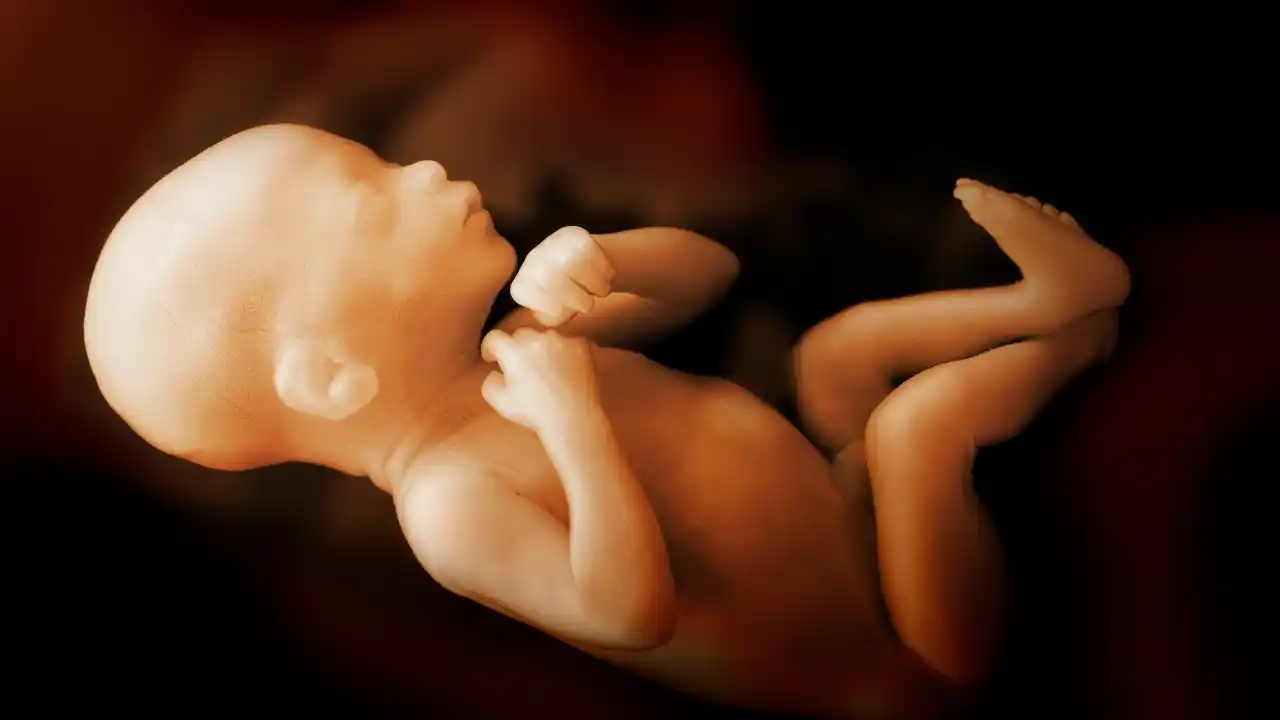
While you can’t see this baby on an ultrasound until about week 8, there’s still a lot going on:
- By week 6, the baby will have arms, legs, hands and feet.
- The optic nerves and lenses will form around week 4.
- Your baby will have a sense of touch around week 8, mostly on the face.
- In 4 more weeks, the receptors on the palms and soles of the feet will form.
- In about week 5, the baby’s heart begins to beat. You should be able to hear the heartbeat when you get your dating ultrasound, but it does depend on the position of the baby in your uterus.
- Week 8 also sees the baby’s brain developing. Muscles are forming. Vocal cords are being made.
The first trimester is major to the development of your baby.

